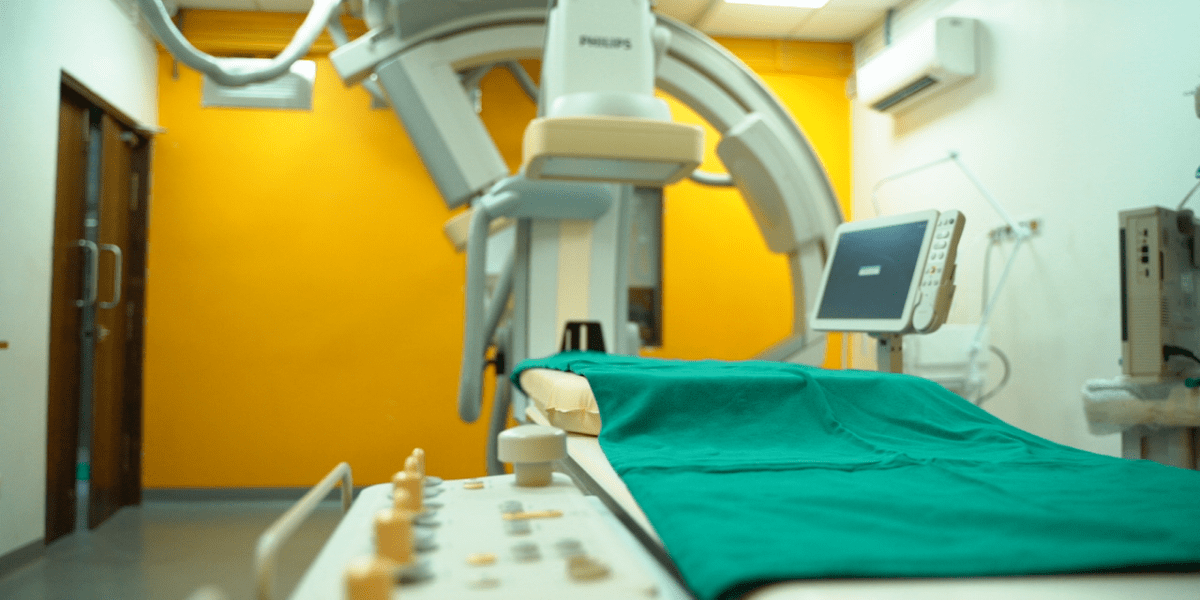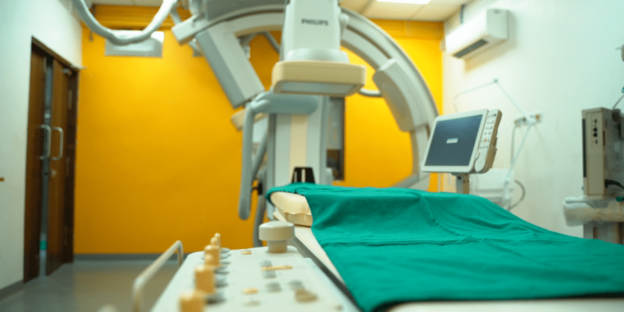Diagnostic tests in Neurosurgery – the best at Dr Raos, Guntur
Introduction
Neurosurgery is a branch of medicine that deals with the diagnosis and treatment of disorders of the nervous system. The nervous system includes the brain, spinal cord, and nerves. Neurosurgeons are medical doctors who have completed training in neurosurgery. A variety of diagnostic tests are used in neurosurgery to help identify problems with the nervous system. Blood tests, cerebrospinal fluid (CSF) analysis, imaging, and special tests may be used. Prevention of complications is also important in neurosurgery. The various diagnostic tests used in neurosurgery will be discussed in this article. Looking for the best neuro treatment in Neurology, neurosurgery or spine surgery, look no further than Dr Raos hospital, Dr Rao the best neurosurgeon in India.
Blood tests
Blood tests are an important part of the diagnostic process for neurosurgery. They can help to rule out other causes of symptoms, and can provide information about the level of inflammation present. There are a number of different blood tests that can be used in neurosurgery. The most common are the white blood cell count (WBC) and the erythrocyte sedimentation rate (ESR). The WBC is a measure of the level of inflammation present, and the ESR is a measure of the rate at which red blood cells settle in a tube of blood. Other blood tests that may be used include the C-reactive protein (CRP) test, which measures the level of CRP in the blood. CRP is a protein that is produced by the liver in response to inflammation. The CRP test can be used to monitor the level of inflammation present, and can also be used to monitor the response to treatment. The blood tests that are used in neurosurgery will vary depending on the individual case. However, they all play an important role in helping to diagnose and treat conditions affecting the nervous system.
CSF analysis
A lumbar puncture, also called a spinal tap, is a diagnostic procedure used to collect cerebrospinal fluid (CSF) for analysis. CSF is the clear fluid that surrounds and protects the brain and spinal cord. A lumbar puncture is performed by inserting a needle into the lower back to collect a small amount of CSF. CSF analysis can help diagnose various conditions, such as infections, inflammation, tumors, and bleeding in or around the brain. CSF can also be used to measure the pressure inside the skull. A lumbar puncture is generally safe and complications are rare.
Imaging
Imaging is critical in the evaluation of patients with suspected neurosurgical disorders. A variety of imaging modalities are available, each with its own advantages and disadvantages.
CT is the imaging modality of choice for many neurosurgical disorders, as it provides excellent anatomical detail.
MRI is often used for disorders that require more detailed anatomical information, such as tumors or vascular abnormalities.
PET and SPECT are useful for functional imaging, and can be used to evaluate cerebral metabolism or blood flow.
Angiography is occasionally used to evaluate vascular abnormalities.
Myelography is used to evaluate disorders of the spinal cord, and can be performed with CT or MRI.
Special tests
There are a number of special tests that may be used to diagnose neurological conditions. These include:
-Electroencephalography (EEG): This test measures electrical activity in the brain and can be used to diagnose conditions such as epilepsy.
-Evoked potentials: These tests measure the brain’s response to stimuli and can be used to diagnose conditions such as multiple sclerosis.
-Magnetic resonance imaging (MRI): This test uses magnetic fields and radio waves to create images of the brain and can be used to diagnose conditions such as brain tumors.
-Positron emission tomography (PET): This test uses radioactive tracers to create images of the brain and can be used to diagnose conditions such as Alzheimer’s disease.
prevention of complications
The best way to prevent complications is to have a thorough understanding of the risks involved with the procedure. There are many potential risks associated with any surgery, but some are more common than others. It is important to discuss all of the possible complications with your surgeon prior to having the procedure. Additionally, it is important to follow all of the post-operative instructions given to you by your surgeon in order to minimize the risk of complications.
Conclusion
Neurosurgery is a branch of medicine that deals with the diagnosis and treatment of disorders of the nervous system. The nervous system includes the brain, spinal cord, and peripheral nerves. Neurosurgery is a very delicate and complex field of medicine. There are many different diagnostic tests that are used in neurosurgery in order to make an accurate diagnosis and to determine the best course of treatment. The various diagnostic tests that are used in neurosurgery include blood tests, CSF analysis, imaging, and special tests. Each of these tests has its own advantages and disadvantages. Blood tests can be used to detect infections or inflammation. CSF analysis can be used to detect abnormalities in the brain or spinal cord. Imaging can be used to detect tumors or other abnormalities. Special tests can be used to detect problems with the blood vessels or nerves. The decision on which diagnostic test to use depends on the individual patient’s symptoms and medical history. The goal of all of these tests is to make an accurate diagnosis so that the best possible treatment can be provided. Looking for the best neuro treatment in Neurology, neurosurgery or spine surgery, look no further than Dr Raos hospital, Dr Rao the best neurosurgeon in India. Deccanherald say about us.


